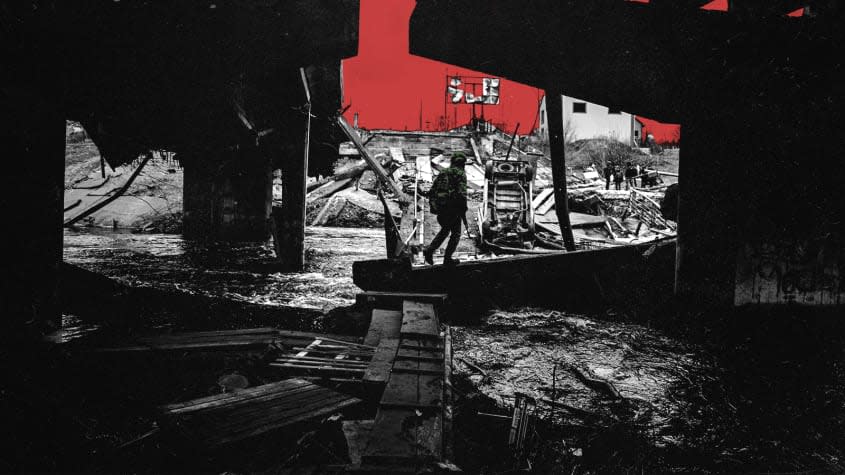Russia's invasion of Ukraine makes neocons — not national conservatives — look bad

There is a growing sense in some quarters that the Russian invasion of Ukraine has been a setback for national conservatism. Many on the right instinctively see the Kremlin's war differently than the nascent populists do, and some of the latter have genuinely allowed reasonable criticisms of the West's missteps, especially on NATO expansion, to bleed into credulity about Russia's claims.
But it's not entirely clear that anything going on in Ukraine particularly discredits the new nationalists' ideas, at least in their higher-brow form, as opposed to perhaps some of their most vocal personalities. And that's not just because the media is still full of commentators who sold the Iraq War to Americans, and who are now explaining the Russo-Ukrainian War to us, even at times leading the charge on the effort to dismiss rivals they brand as the new unpatriotic conservatives.
What the war shows, though, is the vital importance of national borders and sovereignty and the limits of well-intentioned supranational organizations to secure those goods. The Ukrainians defending their homes and families show the virtues of nationalism defined as loyalty to an actual place rather than just an idea, while Russian President Vladimir Putin's bombardment of Ukraine's cities illustrates how exploiting these natural sentiments for raw political power can transform it into a vice.
The challenges Russia has faced do more to call into question neoconservative assumptions about war — the notion that military aggressors gobble up countries like Pac-Man and become more powerful with each meal — than those of their critics on the right. Instead, war is often wasteful and inherently destructive, forcing countries to spend down their blood and treasure.
On the eve of the NATO summit in Brussels, Virtue of Nationalism author Yoram Hazony was exhorting national conservatives assembled in that city to look at Ukraine as a wake-up call for Europe to take greater responsibility for its own security and to free up the United States to focus on China, whose growing global reach in recent years has not come primarily from war.
It's certainly possible that a relatively small group of pro-Putin eccentrics will tarnish the newer currents flowing on the right. But Russia's bloody war in Ukraine looks like a much stronger rebuke to those who claimed to have witnessed the end of history.

 generic
generic 